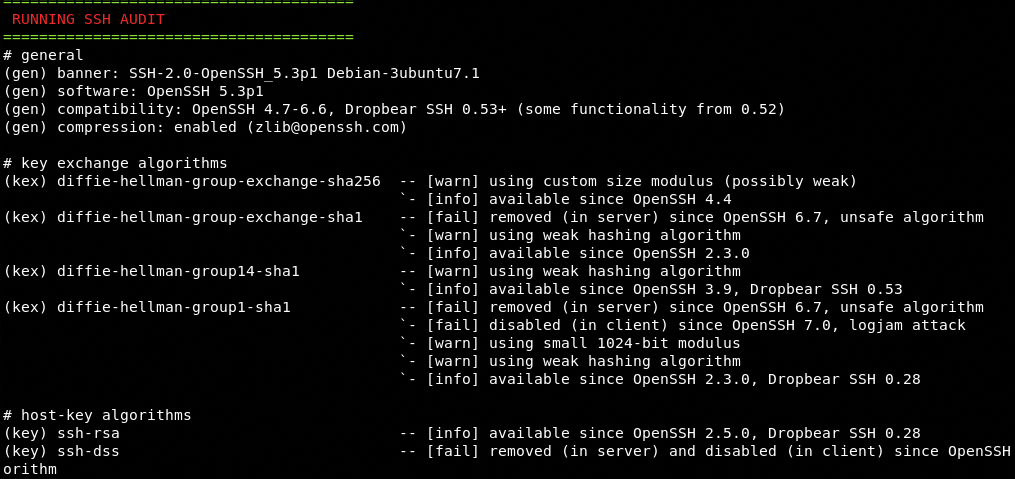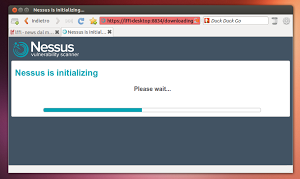

Given that CVE-2015-7938 represents a new vulnerability, however, it was held back until January, 2016. This issue was discovered and disclosed as part of research resulting in Rapid7's disclosure of R7-2015-25, involving a number of known vulnerabilities present in the Advantech firmware. All results are from analyzing and running firmware version 1322_D1.98, which was released in response to the ICS-CERT advisory. The dropbearconvert command in Dropbear SSH before 2016.74 allows attackers to execute arbitrary code via a crafted OpenSSH key file.įormat string vulnerability in Dropbear SSH before 2016.74 allows remote attackers to execute arbitrary code via format string specifiers in the (1) username or (2) host argument.ĬRLF injection vulnerability in Dropbear SSH before 2016.72 allows remote authenticated users to bypass intended shell-command restrictions via crafted X11 forwarding data.While looking into the SSH key issue outlined in the ICS-CERT ISCA-15-309-01 advisory, it became clear that the Dropbear SSH daemon did not enforce authentication, and a possible backdoor account was discovered in the product. The dbclient in Dropbear SSH before 2016.74 allows remote attackers to execute arbitrary code via a crafted (1) -m or (2) -c argument. The dbclient and server in Dropbear SSH before 2016.74, when compiled with DEBUG_TRACE, allows local users to read process memory via the -v argument, related to a failed remote ident. The server in Dropbear before 2017.75 might allow post-authentication root remote code execution because of a double free in cleanup of TCP listeners when the -a option is enabled. This occurs because ~/.ssh/authorized_keys is read with root privileges and symlinks are followed.

The recv_msg_userauth_request function in svr-auth.c in Dropbear through 2018.76 is prone to a user enumeration vulnerability because username validity affects how fields in SSH_MSG_USERAUTH messages are handled, a similar issue to CVE-2018-15473 in an unrelated codebase.ĭropbear before 2017.75 might allow local users to read certain files as root, if the file has the authorized_keys file format with a command= option. When an invalid username is given, the GSSAPI authentication failure was incorrectly counted towards the maximum allowed number of password attempts.

It was found that dropbear before version 2013.59 with GSSAPI leaks whether given username is valid or invalid.

Dropbear 2011.54 through 2018.76 has an inconsistent failure delay that may lead to revealing valid usernames, a different issue than CVE-2018-15599.


 0 kommentar(er)
0 kommentar(er)
